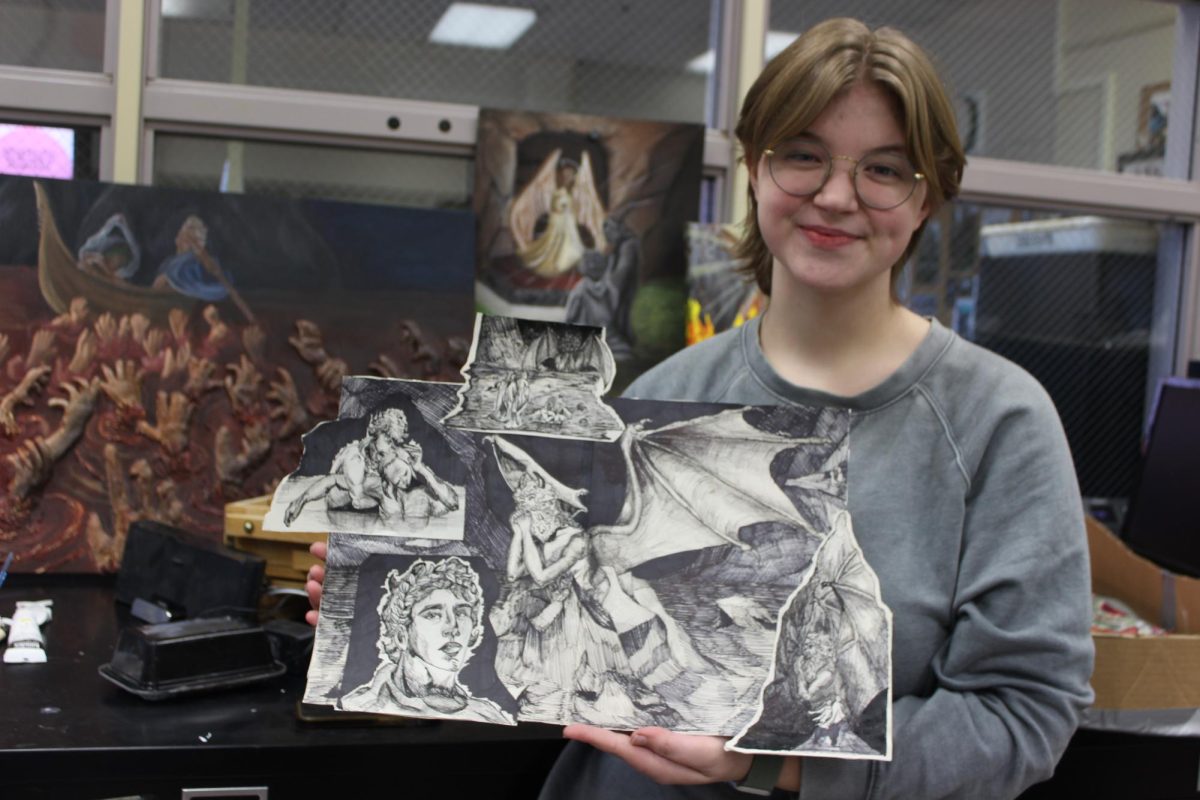Thirty years ago, when bullying took place, it was at school and often stopped once students returned home. Now, bullying goes past the 2:50 bell at Libertyville High School due to social media outlets such as Twitter, Instagram, and Facebook.
Adapting to the technological changes occurring, a new law was passed that took effect on Jan. 1, 2015 that requires state schools to investigate reports of bullying, as well as cyberbullying that takes place in and out of school. This differs from the law already in place that allows districts to take action against students if online bullying occurs during the school day or using district-owned technology, according to an article in last month’s Chicago Tribune.
Libertyville High School takes acts of bullying seriously, but has no policy addressing social media behaviors outside of the classroom. LHS does encourage all students to stand up to bullying, shown through GSA’s (Gay Straight Alliance) initiative to wear pink on Friday, Feb. 27 to show support for those who are bullied (read about LHS’s Stand Up to Bullying Day).
This law is viewed as being helpful for students who are being seriously threatened by bullies, as school intervention could hopefully provide them comfort and safety, although some may ask if this law is crossing the line. As the years go on, schools are able and required to intervene more and more, bringing up the question of whether or not it is taking over the job of a parent. While some parents may be grateful for school intervention in concern of their child’s safety, other parents feel that this is their job as a parent.
“I think a lot of kids maybe don’t let their parents into their social world and online existence, so [parents] may not see ‘day-to-day’ what’s getting posted by them or about them and that’s a huge piece of what we talk with parents about — is how to kind of bridge that connection with their kids, so they can be that first line of defense as they should be,” said LHS social worker Mr. Greg Loika.
The true definition of bullying is important to understand in order to understand this law. According to the Illinois General Assembly, “bullying” means any severe or pervasive physical or verbal act or conduct, including communications made in writing or electronically, directed toward a student or students. Bullying now extends far beyond a fist fight and is seen most prevalently through unfriendly and even threatening comments made on social media.
“I think school should be a place where everyone feels safe and if this law protects students, then I definitely think it could make a very positive impact,” said junior Stephanie Thomas, who is a member of Erika’s Lighthouse, an organization that helps educate the community on teen depression.
With this definition of bullying, the law states that any form of bullying is prohibited in a school setting, any setting affiliated with the school such as a bus stop, or through any electronic school equipment like the Chromebooks that LHS students will be receiving next year. This particular part of the law raises the question of the district’s ability to access information from school-issued devices outside of the building.
“Something like this is knowledge and education-based about what it could potentially mean to students and it is really relevant to D128 and LHS students next year because everyone is going to have a piece of technology in their hands that they have to know how to use appropriately and unfortunately there’s too many people out there that aren’t doing things appropriately,” said Mr. Loika.
The policy on bullying, which legislation now says schools are required to have, must meet the following criteria: a statement that bullying is contrary to state law and school policy, procedures for promptly reporting bullying, and consistency with federal and state laws governing student privacy rights.
There have been instances at other schools, like Community Unit School District 2 in Troy, Ill., where the administration has sent letters home to parents warning them that their child may be prompted to release social media passwords if necessary. However, this is most likely not the original intent of the law: “State Rep. Laura Fine, D-Glenview, who sponsored the law requiring schools to investigate cyberbullying, said the law was never intended to give schools the right to a student’s social media passwords,” according to an article by the Chicago Tribune.
“I have to hope that the intent is not to invade people’s private thoughts and social existence and privacy, but rather to create the protections that all students need to have to go to school and to feel safe at school,” said Loika.
To sum up the law, the General Assembly states that “The policy or implementing procedure shall include a process to investigate whether a reported act of bullying is within the permissible scope of the district’s or school’s jurisdiction and shall require that the district or school provide the victim with information regarding services that are available within the district and community, such as counseling, support services, and other programs.” Jurisdiction is defined as the extent of the power to make legal decisions and judgments. These policies must also be updated every two years and be approved by the State Board of Education.
The reason for this law, according to the General Assembly is that “The General Assembly finds that a safe and civil school environment is necessary for students to learn and achieve and that bullying causes physical, psychological, and emotional harm to students and interferes with students’ ability to learn and participate in school activities.”
Mr. Loika encourages all students to stand up for those who need to be stood up for despite the concerns students have with coming forward and he reiterates that “We [counseling team] want to show them that we can keep them anonymous and keep them out of it. We work really hard to try and make kids feel like they can trust us and be honest, and I just think that takes experiencing it to really get comfortable with it and obviously it’s a very far reaching goal.”



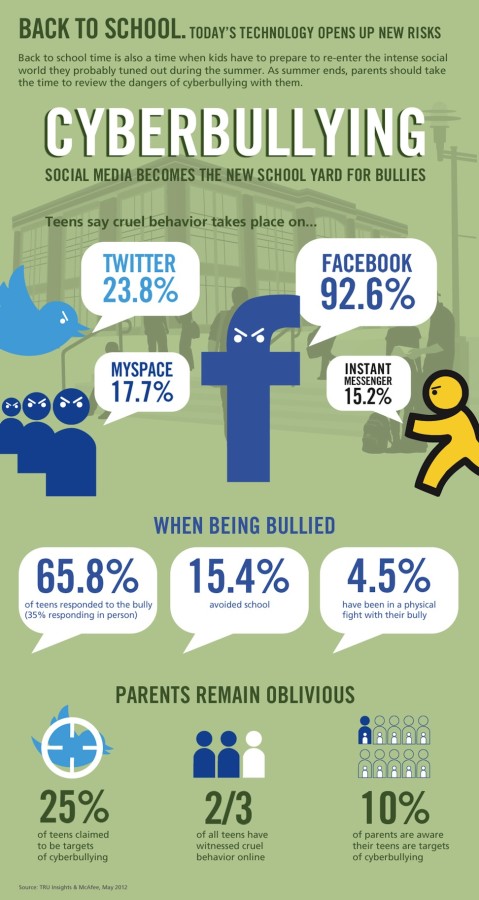
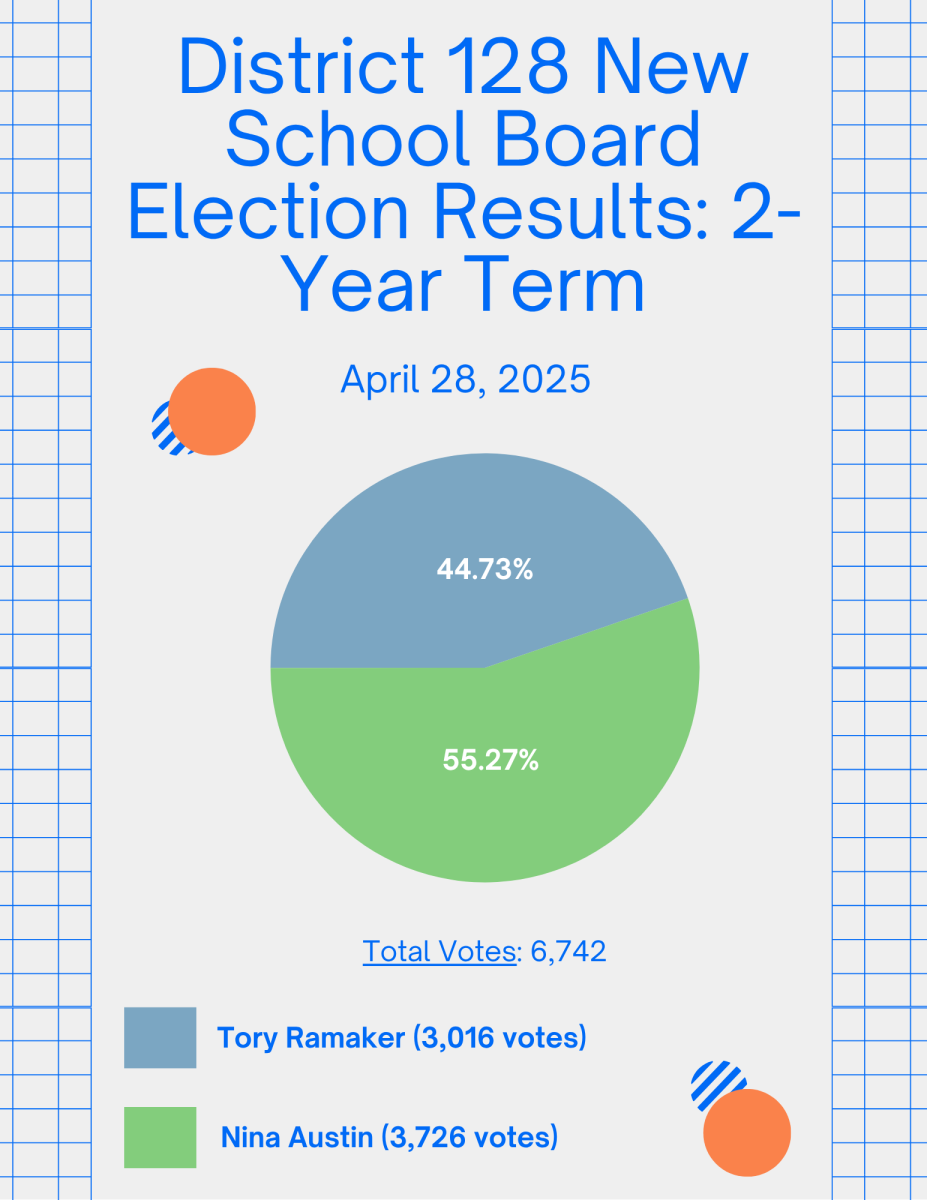
![Mr. Abullh Ali, manager/assistant, helps open Queen Yemeni Coffee in downtown Libertyville at 606 North Milwaukee Ave. With the help of employees such as manager and LHS senior Yousef Taha, they are able to bring the Yemeni and Ethiopian culture to Libertyville by using their Queen spices, cinnamon and cardamom in their drinks such as Adani Chai, which is inspired by Sheda, the Queen of Yemen and Ethiopia. “The history of our coffee [is] a long history and we believe that Yemen and Ethiopia started the coffee and we are bringing something unique to the community,” Mr. Ali said.](https://www.lhsdoi.com/wp-content/uploads/2025/04/Photo-1-1200x800.jpg)


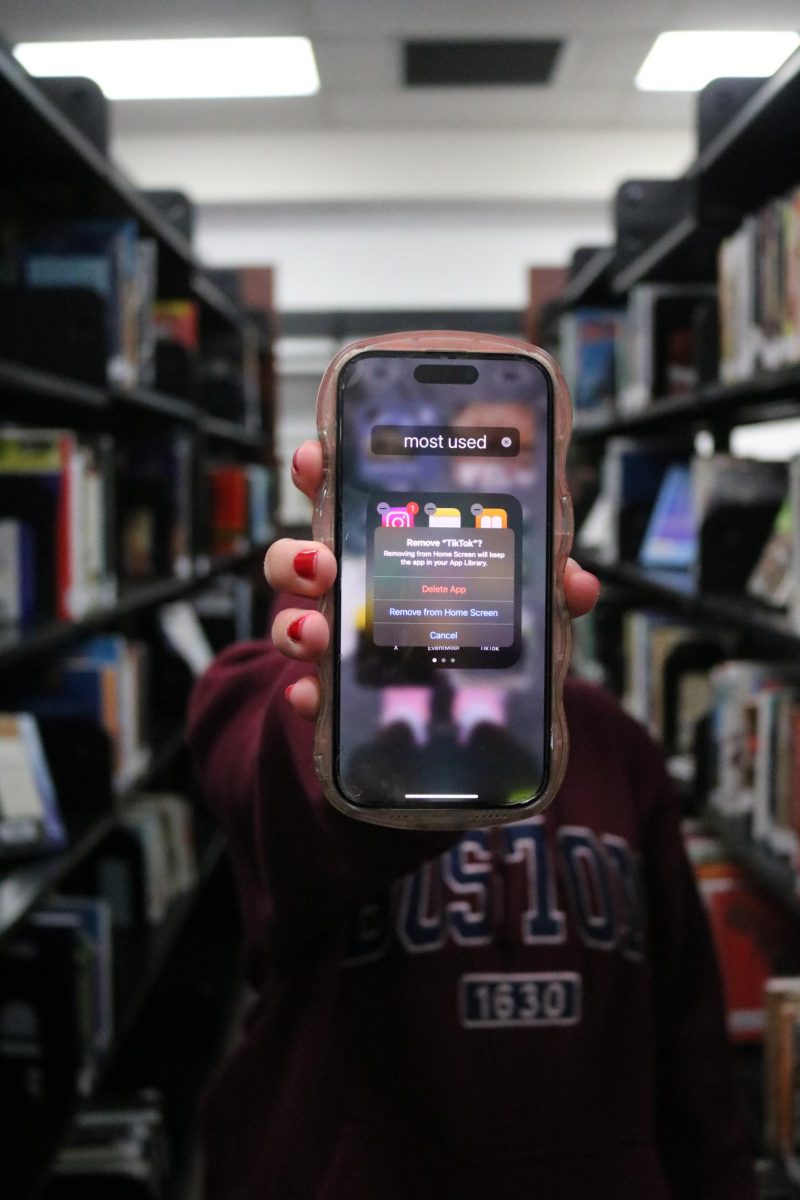



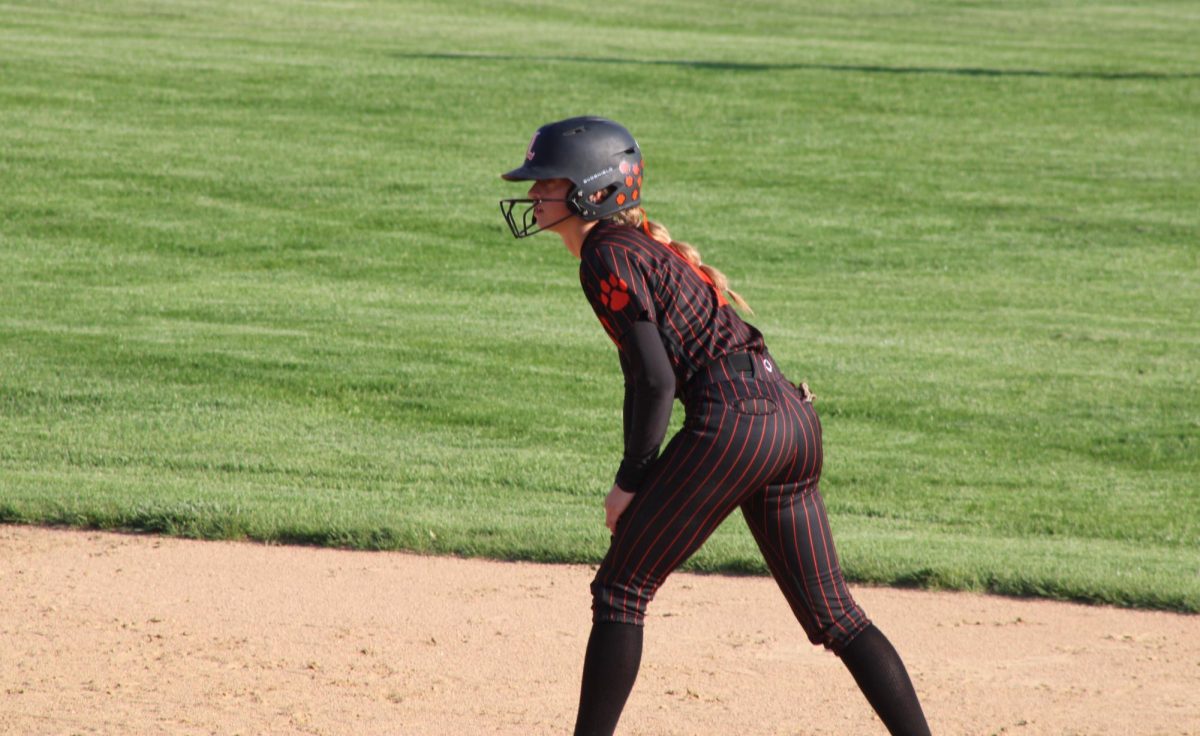
![Senior River Thompson joins the Jazz Ensemble by singing “That Old Black Magic” by Mercer and Arlen Arr. Mark Taylor, along with senior Annie Brody on guitar and junior Thomas Teixeira on bass, earning big applause. “[The concert had] great energy because it's the last [jazz concert] of the year,” Brody said.](https://www.lhsdoi.com/wp-content/uploads/2025/04/Eight-That-Old-Black-Magic-1200x800.jpg)
